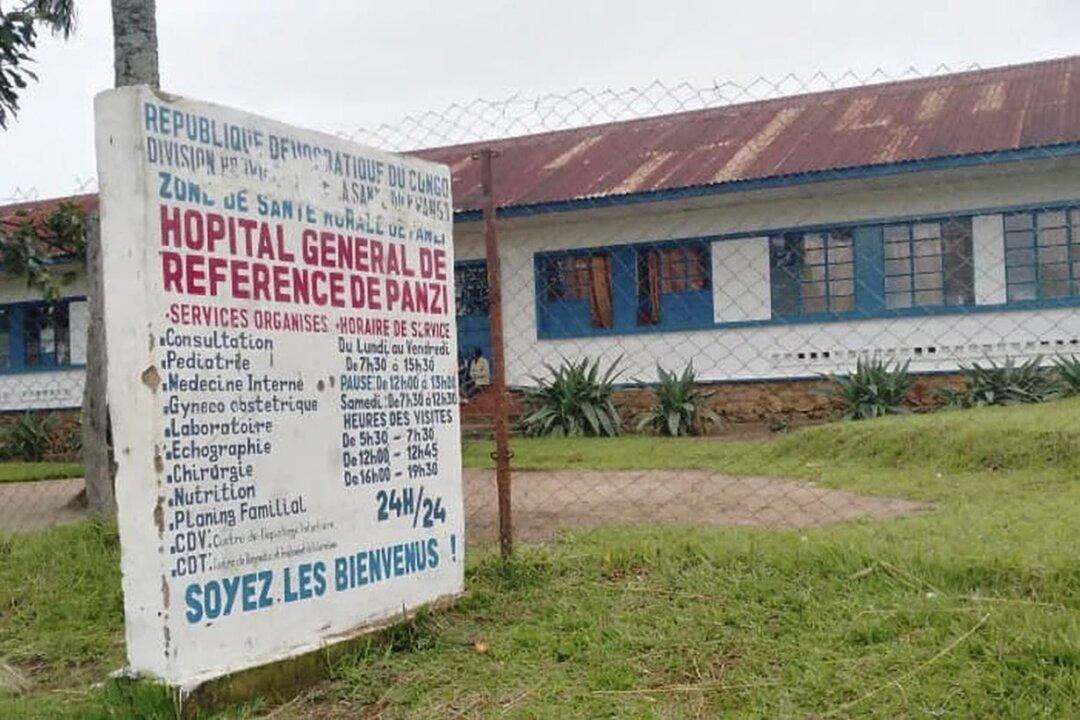Congo health officials reported that laboratory results show a flu-like illness that has killed several people in the southwest region might be malaria.
“Of the 12 samples taken, nine were positive for malaria. But these samples were not of very good quality, so we are continuing to research to find out if this is an epidemic,” Dr. Jean-Jacques Muyembe, director-general of the National Institute for Biomedical Research in Kinshasa, told The Associated Press on Wednesday.





